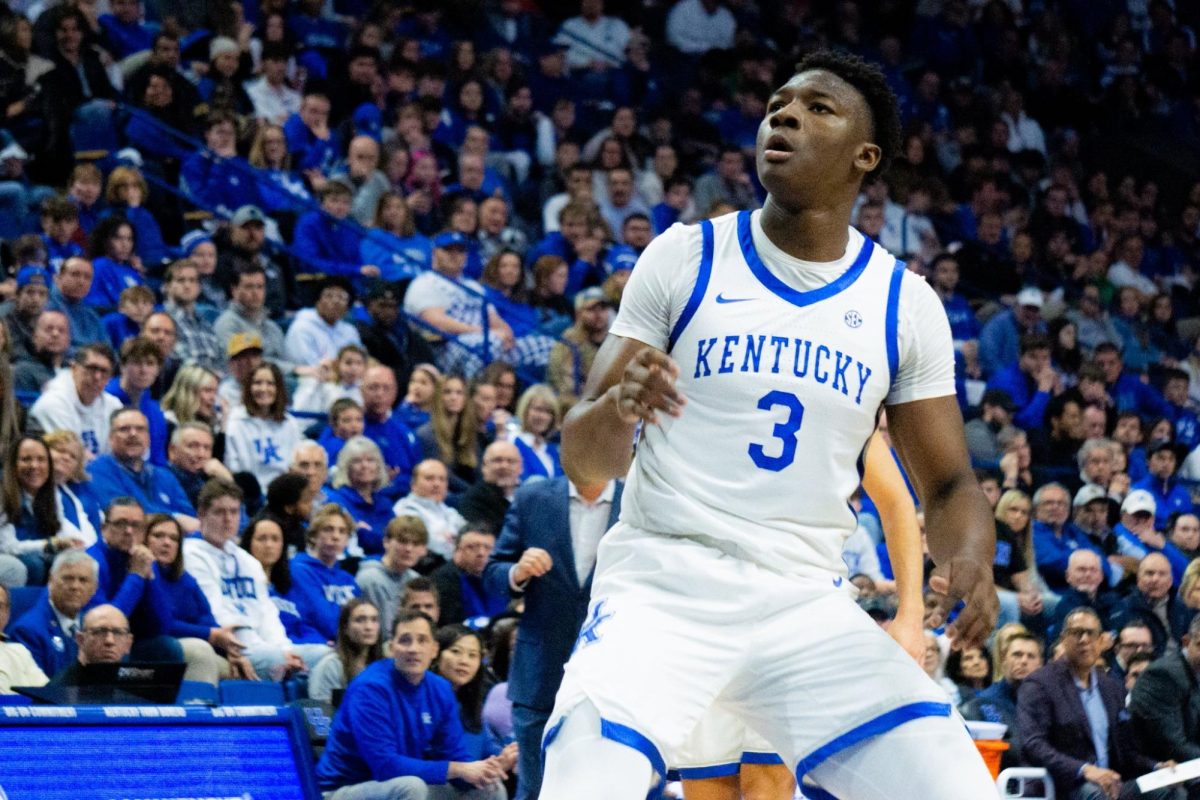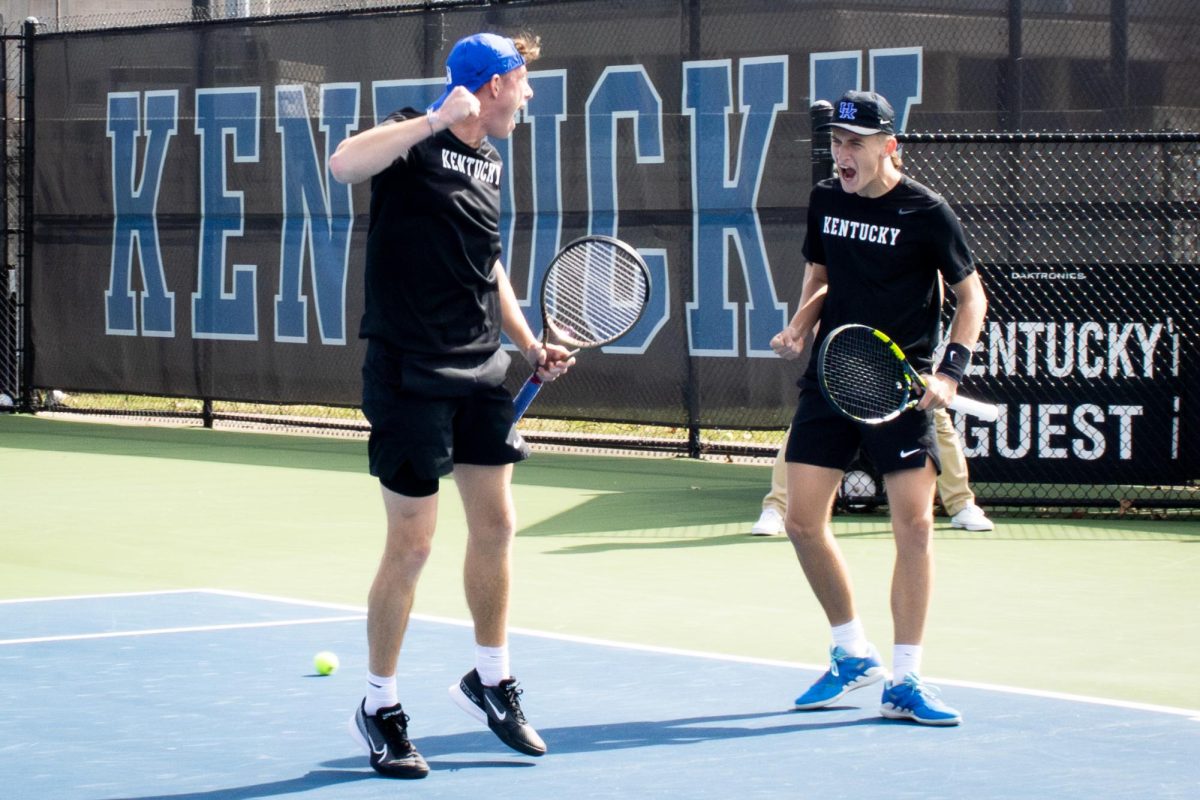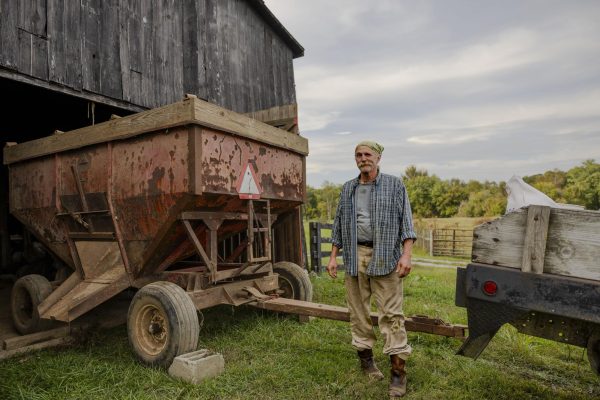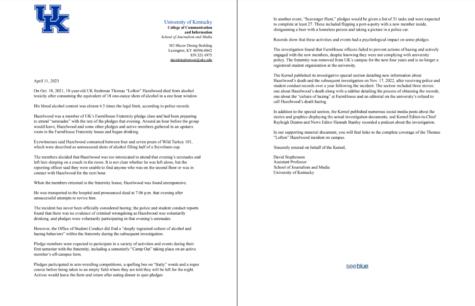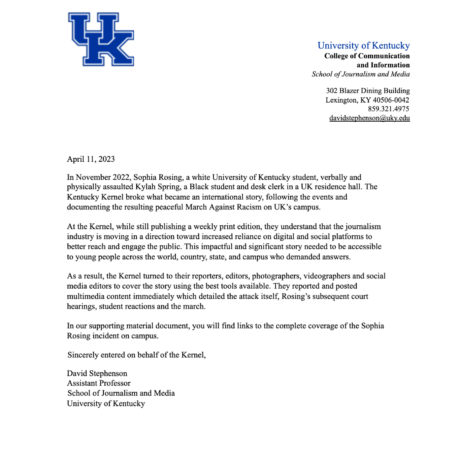To better protect older adults from the flu, we need to follow the science
February 17, 2022
(BPT) – By Elaine O’Hara, Head of North America Commercial Operations for Vaccines at Sanofi
Older adults have different needs and biology than younger adults: the aging process affects metabolism, weakens the immune system, and increases the likelihood of underlying chronic illnesses. While the seasonal flu can cause severe complications in anyone, these biological changes put older adults at higher risk for more severe complications and affect how the immune systems of older adults respond to flu vaccines.
In fact, recent data showed an estimated 70-85% of flu-related deaths and 50-70% of flu-related hospitalizations occurred in adults 65 years and older. Complications from the flu can exacerbate quickly without therapeutic treatment in the early stages of infection. More serious complications can include bronchitis, pneumonia, and multi-organ failure in people with underlying chronic diseases. There are also other risks that may not be as obvious: flu can increase the risk of heart attack by three to five times and stroke by two to three times in the first two weeks of infection for adults over 65. This results in a six-fold higher risk of dying from the flu and flu-related complications.
In older adults, flu vaccines formulated for the general adult population known as standard dose may not provoke a strong enough response to flu. To combat this, a vaccine formulated specifically for older adults, known as high dose, contains four times the antigen, the part of the vaccine that helps your body build up protection against flu viruses, and is intended to generate a better immune response to vaccination in older adults, resulting in better protection against flu.
And the science has proven this. A study published in NEJM showed that the only available high-dose vaccine was 24% more effective in preventing flu in adults over age 65 compared with a standard-dose vaccine. A second study published in the Lancet found that adults over 65 who received that same high-dose vaccine had a lower risk of hospital admission versus adults over 65 who received a standard-dose vaccine, especially those living in long-term care facilities.
The problem is: older adults don’t know to ask for the vaccine with the formulation that’s best for their body. They rely on their doctors and pharmacists to make that choice for them. And doctors and pharmacists look to the guidance from health authorities on making those decisions. Today, those guidelines aren’t as clear as they need to be and there’s an opportunity to make specific recommendations on vaccines proven to best protect older Americans.
We know an annual flu vaccine is the most important way to protect older adults from the most serious complications of the flu. This month, the CDC’s Advisory Committee on Immunization Practices (ACIP) is evaluating data so that it can provide clearer guidance for flu vaccines to ensure older adults have the best chance at fighting the flu and lowering their overall burden of disease. We must follow the science to protect older adults from preventable severe illness.
Elaine O’Hara is Head of North America Commercial Operations for Vaccines at Sanofi. She is committed to contributing to the development of vaccinations that continue to positively impact lives across the globe.


































